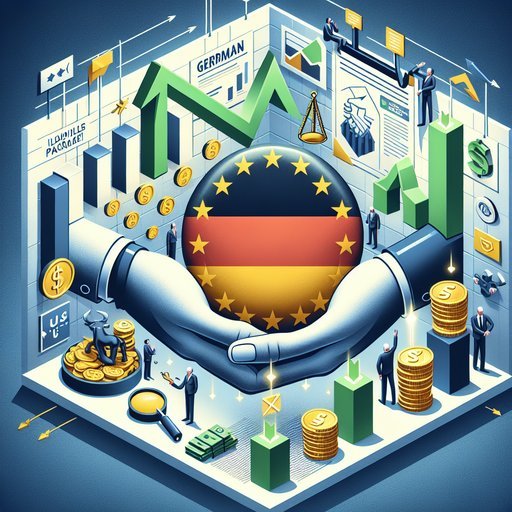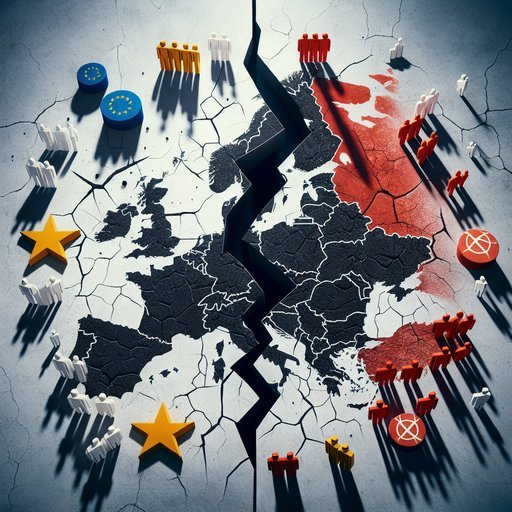
European stock markets have reacted positively following the German government's approval of a new tax relief package. The package is designed to stimulate economic growth, providing relief to businesses and consumers alike. This development comes amid ongoing EU-US trade negotiations, which have been overshadowed by Washington’s recent decision to double metal tariffs, straining transatlantic relations. Investors remain optimistic about the European economy despite these trade tensions as they await further progress in negotiations.

In a significant step forward for international climate policy, a new agreement reached at the Hollywood Climate Summit is signaling renewed commitment towards sustainable practices. Hosted by the Academy of Motion Pictures Arts and Sciences, this event saw participation from major environmental influencers and celebrities alike, including "Grey’s Anatomy" star Kim Raver, as they collectively pushed for more stringent climate action [1]. The summit’s outcomes are seen as pivotal in accelerating a global shift towards carbon neutrality.

In recent days, political landscapes across Europe have faced significant upheaval rooted in ideological divides. From Poland's election of national conservative Karol Nawrocki as president to the collapse of the Dutch government, these events signal shifts that could reshape continental discourse. During a period marked by profound polarization, differences in ideology fuel not only domestic tensions but also international diplomacy debates.

In a significant shift towards modernizing military leadership, the Pentagon has announced a 20% reduction in the number of top officers. This decision, made by the Pentagon Chief, aims to streamline operations and enhance efficiency within the armed forces. As the military landscape evolves, this move reflects a growing recognition of the need for adaptability and responsiveness in leadership roles. The implications of this decision could resonate beyond the Pentagon, influencing military strategies and organizational structures worldwide.

As the world grapples with pressing challenges, the relationship between the European Union (EU) and the United States (USA) remains a cornerstone of global diplomacy. Recent developments highlight both the complexities and the potential for collaboration between these two powerhouses. In particular, the latest discussions surrounding climate policy and energy cooperation signal a renewed commitment to addressing shared challenges. This article delves into the recent strides made in this transatlantic partnership, emphasizing the importance of unity in tackling global issues.
























